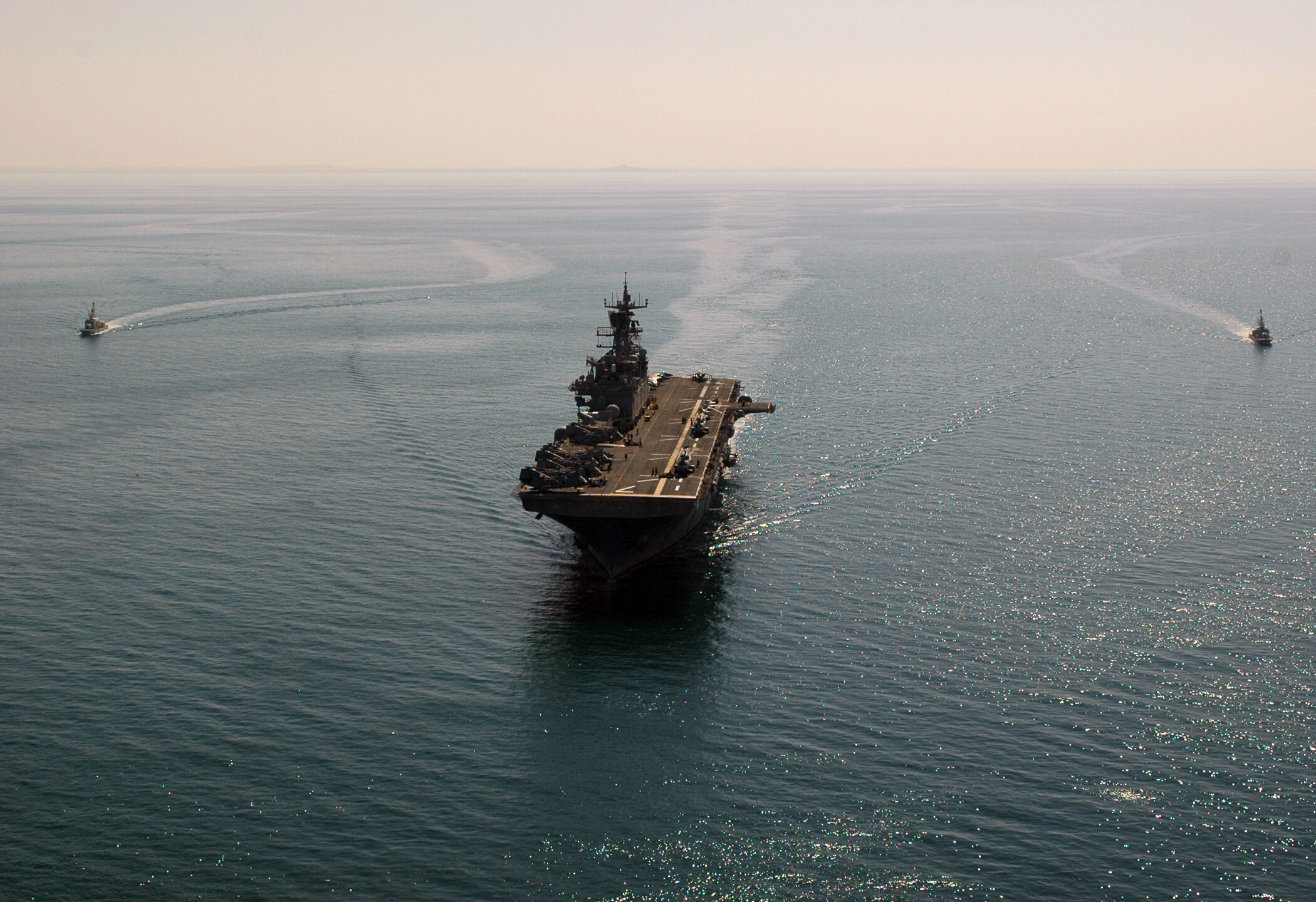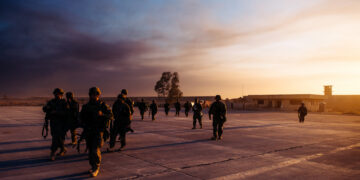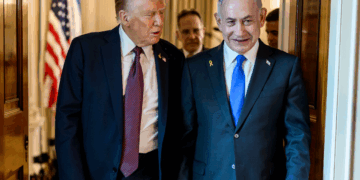July 28, 2025
There are no more reasons for U.S. presence in Middle East

Israeli Prime Minister Benjamin Netanyahu left Washington without a ceasefire deal for Gaza. Like U.S. efforts to broker an Iran nuclear agreement and end Houthi attacks in the Red Sea, the war in Gaza is yet another example of the United States being over-engaged and overconfident about a favorable outcome in the Middle East.
Diplomacy is a good thing; so is encouraging stability across the Middle East. But instead of obsessing about fixing the region’s problems, Washington needs to focus on vital U.S. interests, of which there are few in the Middle East. That means drawing down the majority of the 40,000 to 50,000 U.S. troops spread across 30 bases in the region.
Throughout the 1980s, the United States had only two permanent bases in the Middle East. Aside from some short-lived ground operations, it largely stayed offshore with an occasional rotation of naval assets to protect the free flow of oil to global markets.
Two vital interests—oil and terrorism—eventually brought U.S. forces on shore. Iraq’s 1990 invasion of Kuwait raised the danger of a single hegemonic power controlling global oil supplies. After deploying 540,000 troops to push Iraq out of Kuwait in the First Gulf War, Washington adopted a strategy of dual containment to prevent either Iraq or Iran from dominating the region. Around 25,000 U.S. troops were stationed permanently at new bases in the Persian Gulf throughout the 1990s.
More on Middle East

Featuring William Walldorf
September 28, 2025
Events on Grand strategy








